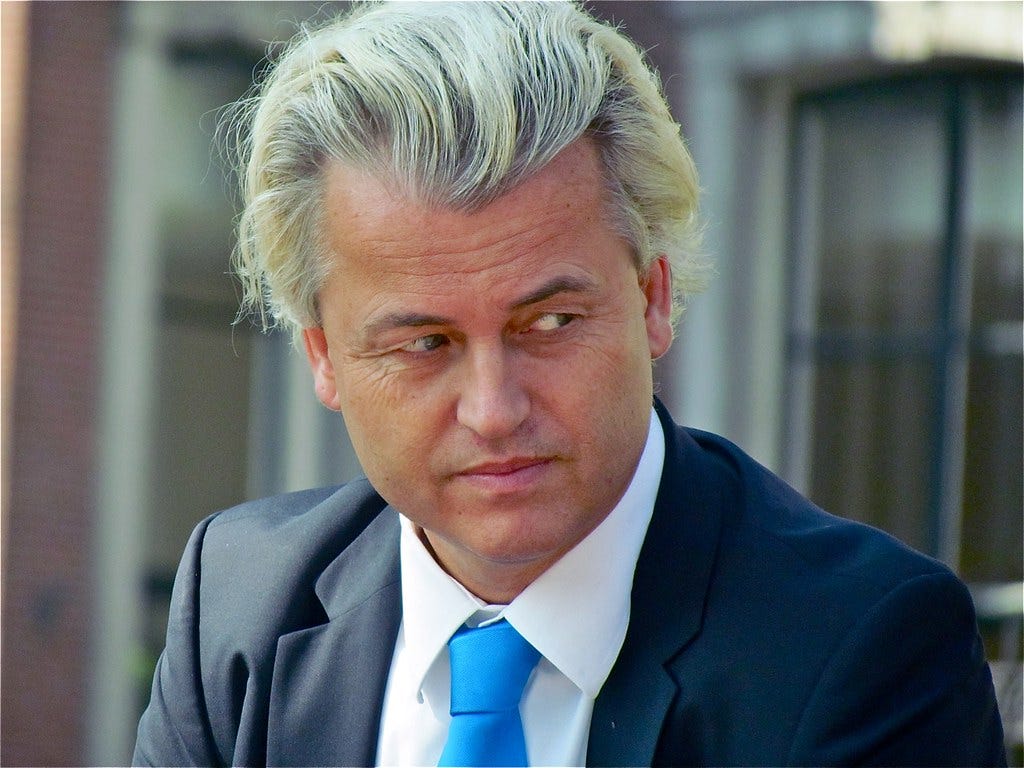What does the Dutch far-right victory really mean?
Geert Wilders didn't 'win' yesterday's election and his party is unlikely to have power. But their strong showing is a worrying sign that liberal democracy is on the back foot.
Following the shock first-place finish of Geert Wilders’ far-right Party for Freedom (PVV) in yesterday’s Dutch election, this morning’s headlines were filled with predictable claims that he had “won”. But in a parliamentary democracy, only someone who can receive the support of more than 50% of MPs has truly won, and it is very unlikely that Wilders will be able to do so.
In the Netherlands’ fractured political landscape, it doesn’t take much to come in first. The PVV has won just 37 seats in the 150-seat Dutch parliament, not even halfway to commanding a majority. This isn’t even the first time that the PVV has had a shockingly good result, though it is the first time they’ve come first. In 2010 they came third, with 24 seats. In 2017 they came second, with 20 seats. In theory this could be seen as less of a shock than a natural progression. Their platform has changed little all this time. The “party for freedom” wants to end freedom of religion, banning the koran and construction of mosques. They have stuck with their ‘nexit’ dream of seceding from the EU, even after other far-right parties in Europe dropped that from their platform after seeing the negative effects of Brexit. The main plank of their platform is vilifying Dutch residents of the Muslim faith, with some party members extending their vision of what to do with them to horrifying extremes.
Like Marine Le Pen in France, Wilders has been around for what seems like forever. But there has always been a “cordon sanitaire” around the PVV, meaning that the centrist parties have refused to consider forming a coalition with them to put them in government.




